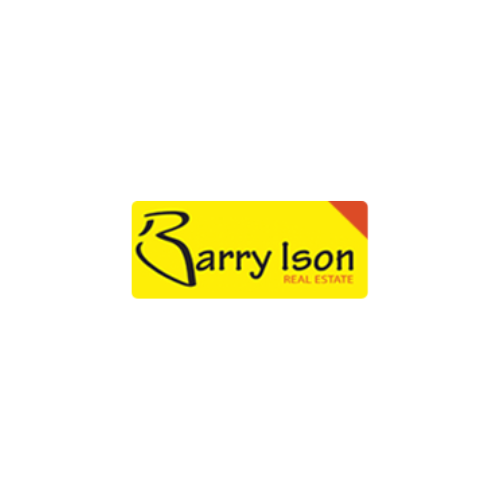Investing in a duplex can be a savvy way to generate rental income while building equity. However, navigating financing options for this type of investment can feel overwhelming. Whether you’re a first-time investor or an experienced real estate buyer, understanding your options is crucial. Here’s a breakdown of the most common financing methods available for duplex investments.
1. Conventional Mortgage Loans
A conventional mortgage is a popular choice for duplex financing. These loans are provided by private lenders and typically require:
- A 20–25% down payment for investment properties.
- A strong credit score and proof of steady income.
If you plan to live in one unit of the duplex, you may qualify for an owner-occupied loan, which usually comes with lower interest rates and a smaller down payment (as low as 3–5%).
2. FHA Loans
The Federal Housing Administration (FHA) loan is another attractive option for duplex investors planning to occupy one unit. Benefits include:
- Lower down payment requirements (as low as 3.5%).
- More lenient credit score requirements compared to conventional loans.
Keep in mind, FHA loans have borrowing limits based on your location and include mortgage insurance premiums (MIP).
3. VA Loans
For military veterans or active service members, the Department of Veterans Affairs (VA) loan is a top-tier choice. This program offers:
- No down payment requirements.
- Competitive interest rates.
- No private mortgage insurance (PMI).
However, you must occupy one of the duplex units as your primary residence to qualify.
4. Portfolio Loans
If you don’t meet the strict requirements of traditional loans, portfolio loans from private lenders or small banks can provide a solution. Key features include:
- Flexible terms tailored to unique investment needs.
- Higher interest rates and down payment requirements than conventional loans.
Portfolio loans are a great fit for investors with unconventional financial situations or those purchasing fixer-uppers.
5. Hard Money Loans
Hard money loans are short-term financing options offered by private lenders. They are ideal for investors who:
- Need quick access to funds.
- Plan to renovate and refinance or sell the property within a short timeframe.
Although hard money loans are easier to obtain, they come with higher interest rates and shorter repayment periods.
6. Home Equity Loan or HELOC
If you own a primary residence or other property, leveraging its equity through a home equity loan or home equity line of credit (HELOC) can fund a duplex purchase. Benefits include:
- Lower interest rates than traditional investment property loans.
- Flexibility to borrow as needed with a HELOC.
However, using your home as collateral increases risk if the investment doesn’t perform as expected.
7. Commercial Loans
For larger duplex investments or properties classified as commercial real estate, commercial loans may be a better fit. These loans often have:
- Higher loan limits and tailored terms for multifamily properties.
- Stricter qualification requirements.
Commercial loans are ideal for seasoned investors with a strong financial profile.
Key Considerations When Choosing Financing
When selecting a financing option, consider the following factors:
- Occupancy Plans: Many loans offer better terms for owner-occupiers.
- Financial Goals: Decide whether you prioritize low upfront costs, flexibility, or long-term savings.
- Creditworthiness: Strong credit opens the door to more competitive rates.
- Exit Strategy: If you plan to sell the property quickly, a short-term loan might make more sense.
Final Thoughts
Financing a duplex investment requires careful planning, but the rewards can be substantial. With rental income to help offset mortgage payments and the potential for property appreciation, a duplex can be a smart addition to your investment portfolio. Consult with a financial advisor or mortgage broker to evaluate your unique situation and choose the best financing option.





Comments